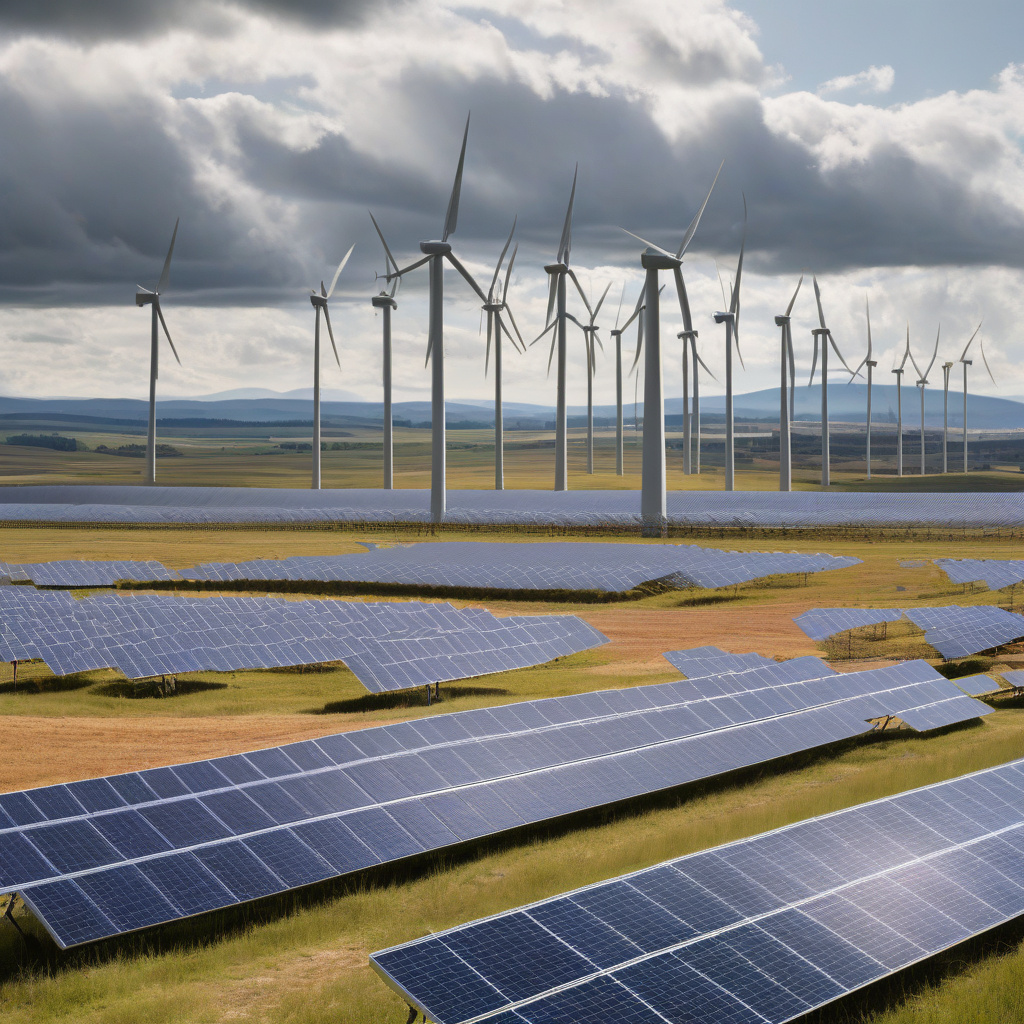Clean Energy Projects in the US Stall Amid Tax Credit Uncertainty
Second quarter sees drop in US clean energy investment amid legal and funding chaos.
The landscape of clean energy projects in the United States is facing a period of uncertainty and stagnation, as the second quarter of the year has brought a noticeable drop in investment. This decline can be attributed to a combination of legal challenges, funding uncertainties, and most prominently, the looming expiration of key tax credits that have historically fueled the growth of renewable energy initiatives across the country.
One of the primary factors contributing to the slowdown in clean energy investment is the uncertain future of federal tax credits that have long incentivized the development of renewable energy projects. The Investment Tax Credit (ITC) and the Production Tax Credit (PTC) have been instrumental in making solar, wind, and other clean energy technologies more economically viable. However, the imminent expiration of these credits has created a sense of instability in the industry, leading to a hesitance among investors to commit to new projects.
Legal challenges have also played a significant role in stalling clean energy initiatives in the US. From regulatory hurdles to project delays caused by litigation, the legal landscape surrounding renewable energy projects has become increasingly complex and unpredictable. This has not only deterred potential investors but has also hindered the progress of existing projects, causing delays and increasing costs.
Furthermore, funding chaos has further exacerbated the challenges faced by clean energy projects in the US. As the economic fallout of the global pandemic continues to unfold, investors are becoming more cautious about where they allocate their resources. The uncertainty surrounding the long-term financial viability of clean energy projects, coupled with the overall economic uncertainty, has made securing funding a daunting task for many developers.
The drop in clean energy investment during the second quarter is a concerning trend that could have far-reaching implications for the future of renewable energy in the US. Without the necessary financial incentives, regulatory support, and funding stability, the growth of clean energy projects is at risk of stalling, potentially derailing the country’s progress towards a more sustainable and environmentally friendly energy landscape.
To mitigate these challenges and reignite investment in clean energy projects, policymakers, industry stakeholders, and investors must work together to address the underlying issues causing uncertainty and hesitance in the market. Extending key tax credits, streamlining regulatory processes, and providing more clarity on funding opportunities are essential steps that can help create a more conducive environment for clean energy investment in the US.
As the world continues to grapple with the urgent need to transition towards more sustainable energy sources, the stalling of clean energy projects in the US serves as a stark reminder of the challenges that lie ahead. By overcoming the current obstacles and reinvigorating investment in renewable energy, the US can reaffirm its commitment to combating climate change and building a cleaner, greener future for generations to come.
clean energy, US, investment, tax credits, uncertainty
